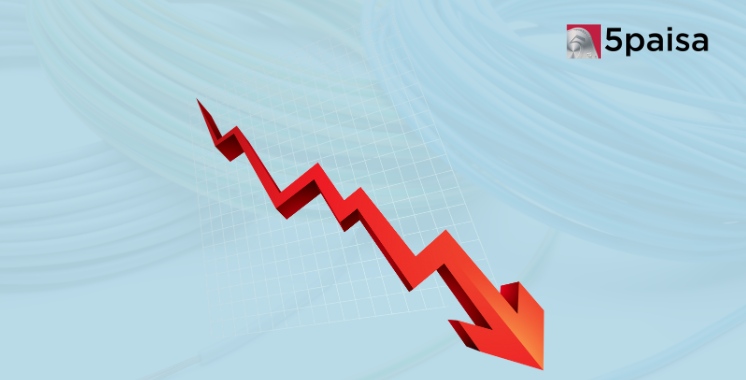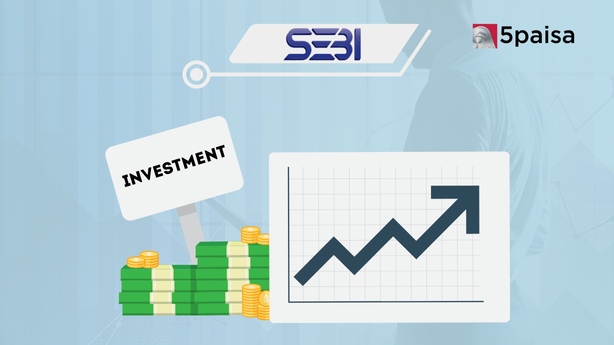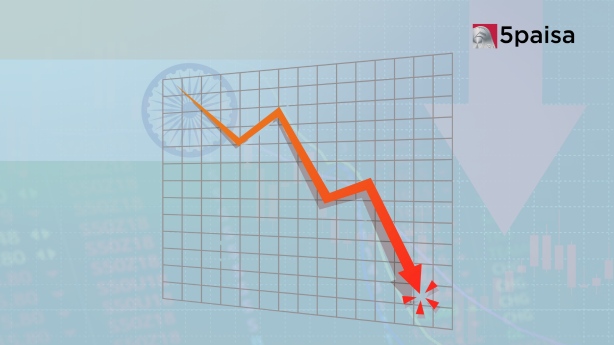Cable and Wire Stocks Decline for Second Session Amid Aditya Birla Group's Market Entry
Fourth 5% Lower Circuit Triggers 20% Decline in Jio Financial Services

Jio Financial Services (JFS) has been grappling with a persistent downward trend, with shares hitting the 5% lower circuit limit for four consecutive trading days. This downturn has resulted in an erosion of approximately ₹31,200 crore from its market capitalization since its recent listing on Monday.
Fourth 5% lower circuit
On Thursday, JFS's shares registered a sharp decline, locking at ₹ 215.90 on the BSE, reflecting a 5% drop. Originally slated for exclusion from stock indices on August 24, In an unprecedented turn of events, the index committee has opted to push back Jio Financial Services' exclusion from the Sensex indices to August 28 from its initial date of August 23. The NSE is yet to provide official communication regarding the exclusion timeline for the Nifty. The demerger of Jio Financial from Reliance Industries saw its market capitalization diminish from ₹1,68,362.03 crore to ₹1,37,167.41 crore.
Why ongoing decline in JFS's shares?
The ongoing decline in JFS's shares can be attributed to institutional selling, potentially driven by regulatory obligations for index funds to divest from the stock. Notably, Jio Financial Services is a demerged business of Reliance Industries Limited (RIL) and holds a 6.1% stake in RIL. Despite the current downward pressure, analysts remain positive about JFS's future growth potential, as it possesses a strong connection with consumers and merchants that can fuel significant business scaling.
Before the demerger record date on July 20, the market had already established a price benchmark of ₹261.85 per share for JFSL. While the outlook for Jio Financial shares remains optimistic, the recent downward movement can be traced by a combination of factors, including selling by passive funds and active mutual funds. JFS's removal from major indices like Sensex and Nifty has triggered selling by index funds, which hold Reliance Industries shares and are required to divest from non-index constituents like JFS to comply with regulations.
The situation is closely tied to the broader market indices, as JFS's demerger from Reliance Industries led index funds to acquire JFS shares in a 1:1 ratio. Even though JFS is not yet included in these indices, index funds are obligated to divest from the stock, leading to a selling imperative and contributing to the continuous decline.
Calculations from brokerage Nuvama suggest that passive funds linked to Nifty50 and Sensex are poised to divest approximately 90 million and 55 million shares of JFSL, respectively, driven by regulatory obligations that align with index changes.
Trading dynamics are also pivotal, with Jio Financial slated to remain within the Trade-To-Trade (T2T) segment for the subsequent ten trading days. This segment mandates delivery-based trading and imposes 5% circuit filter, effectively limiting intraday trading. Notably, sustained institutional selling has contributed to the extension of JFSL's exclusion from indices.
As the revised exclusion date approaches, all attention is on the forthcoming Annual General Meeting (AGM) scheduled for August 28. This event is expected to provide valuable insights into Jio Financial's strategic plans for the future. Given these developments, market sentiment remains cautious, with investors keenly awaiting the AGM's revelations to formulate a clearer perspective on JFS's trajectory.
In conclusion, Jio Financial Services' continuous decline is intricately linked to regulatory-driven divestments by index funds and its exclusion from major stock indices. While near-term institutional selling has influenced this downward trajectory, industry analysts remain steadfast in their positive outlook for the stock's long-term growth potential. This intricate interplay between regulatory imperatives, market indices, and investor sentiment underscores the complex nature of stock performance.
- Flat ₹20 Brokerage
- Next-gen Trading
- Advance Charting
- Actionable Ideas
Trending on 5paisa
02
 5paisa Research Team
5paisa Research Team
03
 5paisa Research Team
5paisa Research Team
04
 5paisa Research Team
5paisa Research Team
Indian Market Related Articles
Disclaimer: Investment in securities market are subject to market risks, read all the related documents carefully before investing. For detailed disclaimer please Click here.




